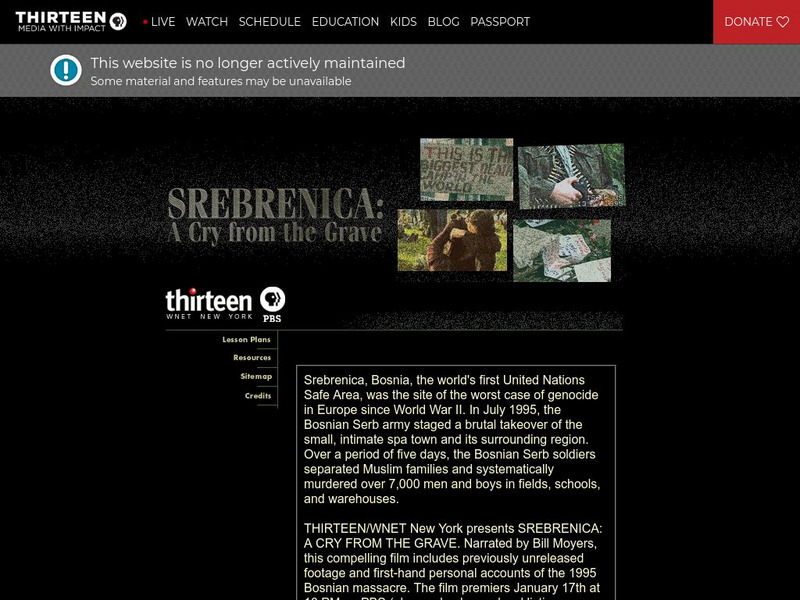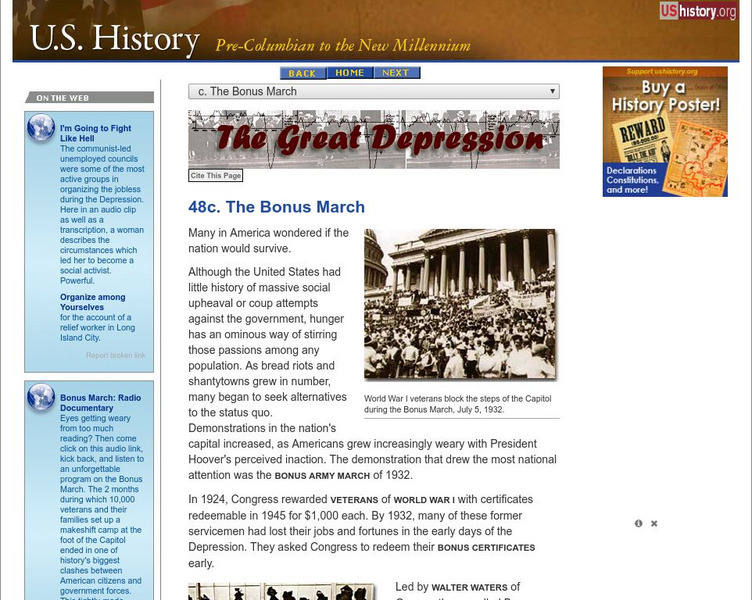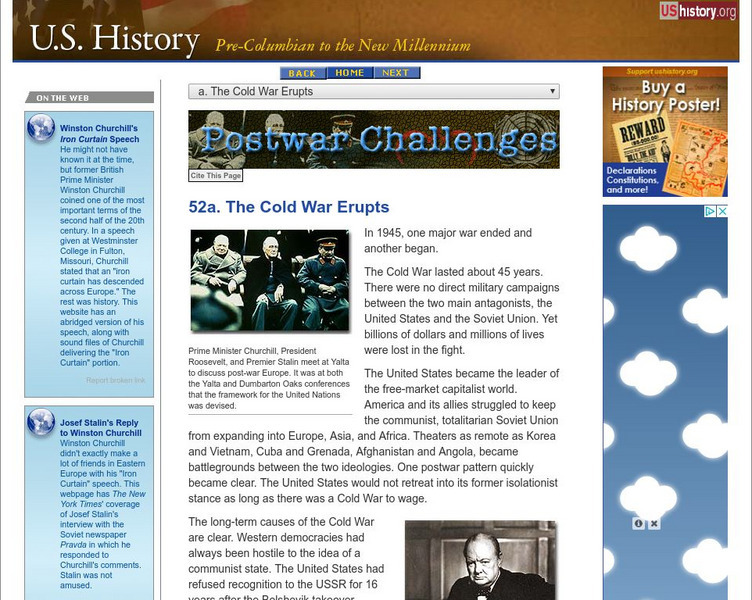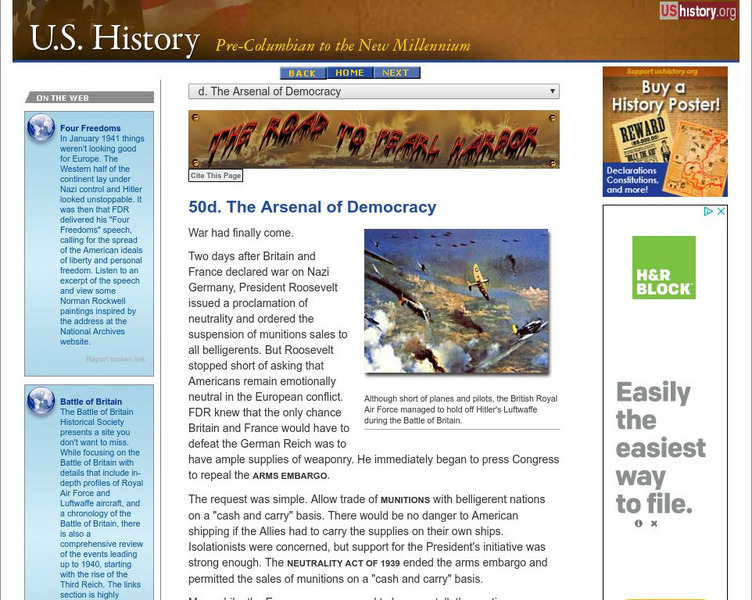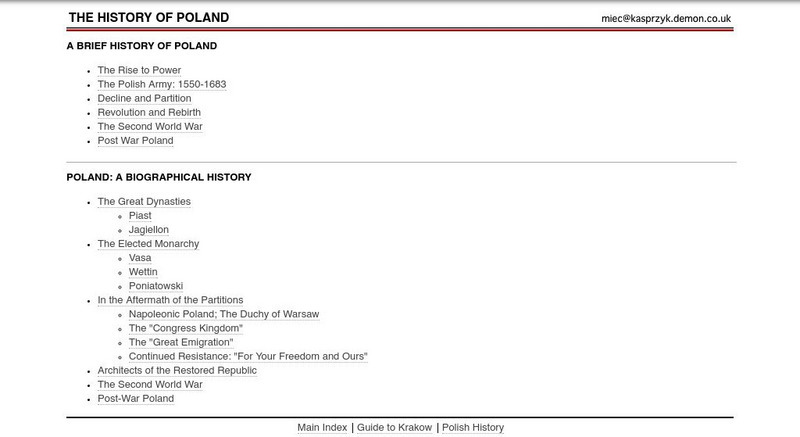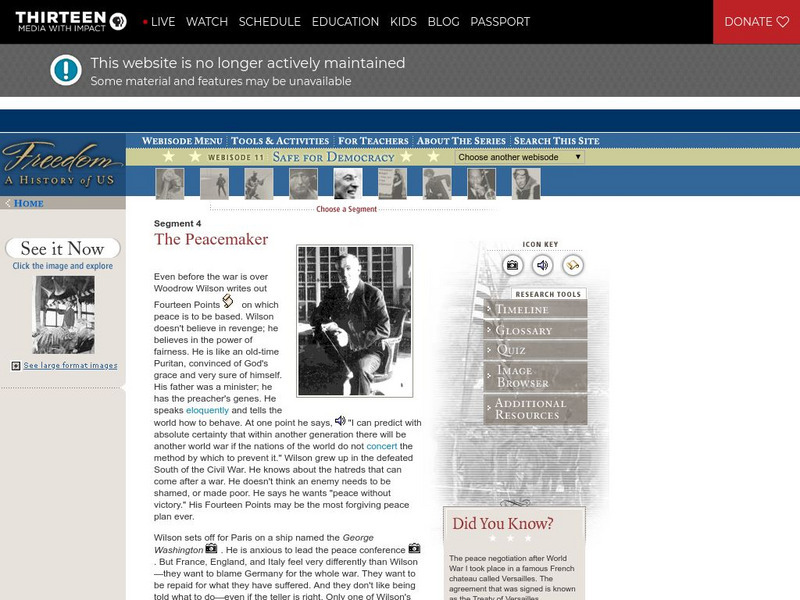Other
Texas Historical Commission: Texas in World War Ii
Get an idea of what Texas was like during World War II, including a look at Texas during the 1940s, what military presence was like, and how Texas changed after the war.
OpenStax
Open Stax: Americans and Great War 1914 1919: The United States Prepares for War
Details what America did to prepare and execute its entry into World War I, and how the government used propaganda to win public support for the war effort.
Library of Congress
Loc: See and Hear Veterans' Stories
This site is the home of the Library of Congress Veterans' Project. Collected here are stories in multiple formats about specific topics dealing with a soldier's life in WWII, the Korean conflict, and the Vietnam War. Pictures and other...
Other
Normandie Tourisme: D Day and the Battle of Normandy
This official site provides a history of D-Day, photos, chronology, and excellent interactive maps.
Curated OER
National Park Service: World War Ii Memorial
Description of the National World War II Memorial, located on the National Mall in Washington D.C. Contains information on all facilities and park map and brochures in PDF form etc.
Digital History
Digital History: World War Ii and Japanese American Relocation [Pdf]
This lesson plan is from a unit that covers the period from the Second World War up to the Cold War. It looks at Japanese aggression in China and Indochina prior to and during World War II, the quandary in the United States of whether or...
Country Studies US
Country Studies: Austria the Anschluss and World War Ii
Read about the Anschluss in Austria and the absorbtion of the country into the Third Reich. This brief overview of the early spread of Nazism lays a foundation for World War II in Europe.
Independence Hall Association
U.s. History: War Breaks Out
A brief look at the expansionist moves of Japan in China, including a description of the Rape of Nanking. Also read about the military expansionism in Europe and Africa by both Germany and Italy, finally resulting in a declaration of war...
PBS
Wnet: Thirteen: Srebrenica a Cry From the Grave
Story of Srebrenica, Bosnia, the world's first United Nations Safe Area, the site of the worst case of genocide in Europe since World War II.
Other
Modern World History: Introduction: What Is Imperialism?
Beginning with a discussion of the fictional Star Wars Empire, this section of the textbook explains what imperialism is, its historical contexts, the different forms it can take, and the importance of studying it so that we learn from...
US National Archives
Docs Teach: "A Date Which Will Live in ": Two Versions of Fdr's Infamy Speech
This activity presents students with two versions of President Franklin D. Roosevelt's famous speech following the Japanese attack on Pearl Harbor-an earlier typewritten draft and his final reading copy. Students will read, analyze, and...
University of Missouri
Famous Trials: The Red Scare
In-depth information about the Red Scare that started in the United States at the end of World War I, and ended in the early 1920s. Discusses its history, including strikes in Seattle and Boston, causes, and results of the anti-communist...
Independence Hall Association
U.s. History: The Bonus March
Read how anger about the increasing hardships affecting people in the Great Depression resulted in a march on Washington, D.C., by veterans of World War I. See what the demands were of the so-called Bonus Army, and how the demands were met.
Independence Hall Association
U.s. History: The Cold War Erupts
World War II ended in 1945 and the Cold War began immediately. Read about the mistrust Western Europe and the United States felt towards the Soviet Union and Joseph Stalin. Learn how the Soviets expanded their realm of influence and...
Alabama Learning Exchange
Alex: A Voice for the Silent
This lesson is designed to help students make a connection between the events of World War II and the events happening in the world today. Students will compare examples of genocide from World War II and today. This lesson is taught in...
Independence Hall Association
U.s. History: The Decade That Roared
A very brief overview of the decade between the end of World War I and the Great Depression.
Library of Congress
Loc: War's End Ve Day
A collection of letters and interviews of soldiers as the relate and recall their feelings on VE day.
Brigham Young University
World War I: Conditions of Armistice With Germany
Features the Armistice terms that were set by the Allied powers for the Armistice of November 11, 1918.
Independence Hall Association
U.s. History: The Arsenal of Democracy
Although Americans remained isolationist in their thinking, President Roosevelt understood that the European allies needed help against the Germans. Read about the incremental ways America became involved in World War II in Europe...
Other
Kasprzyk's Website: A Summary of Poland's History
A description of the history of Poland, starting with the Piast dynasty and moving forward to the current year.
Digital History
Digital History: The Cold War in Developing Countries
In Europe, there was less violence in the half century following World War II then in almost any previous period of modern European history. Yet outside of Europe and North America, violent conflict became commonplace. In the decades...
PBS
Wnet: Thirteen: Freedom: A History of Us: The Peacemaker
Find a document containing President Wilson's plan for peace after World War I, known as his Fourteen Points, as well as photographs with captions, and the audio of one of his speeches in which he lays out his ideas and garners support...
Gilder Lehrman Institute of American History
Gilder Lehrman Institute: History Now: Anti Communism in the 1950s
[Free Registration/Login Required] An essay tracing the anti-Communist hysteria beginning in earnest at the end of World War II that resulted in Truman's federal Loyalty Security program and ending with McCarthyism in the 1950s.
PBS
Wnet: Thirteen: Freedom: A History of Us: The Peacemaker
Explore how President Wilson, in his Fourteen Points, urged peace without revenge European self-determination, and the establishment of a peace-keeping League of Nations politicians both abroad and at home rejected his plans.


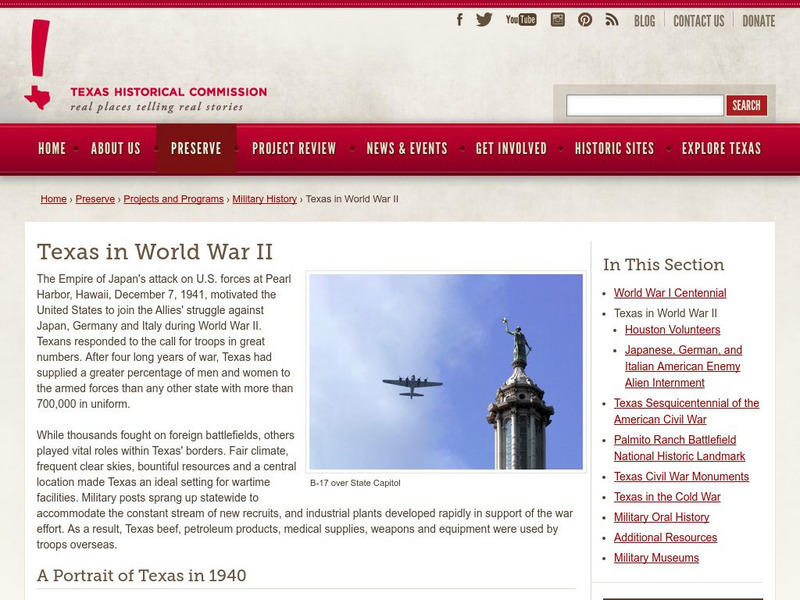
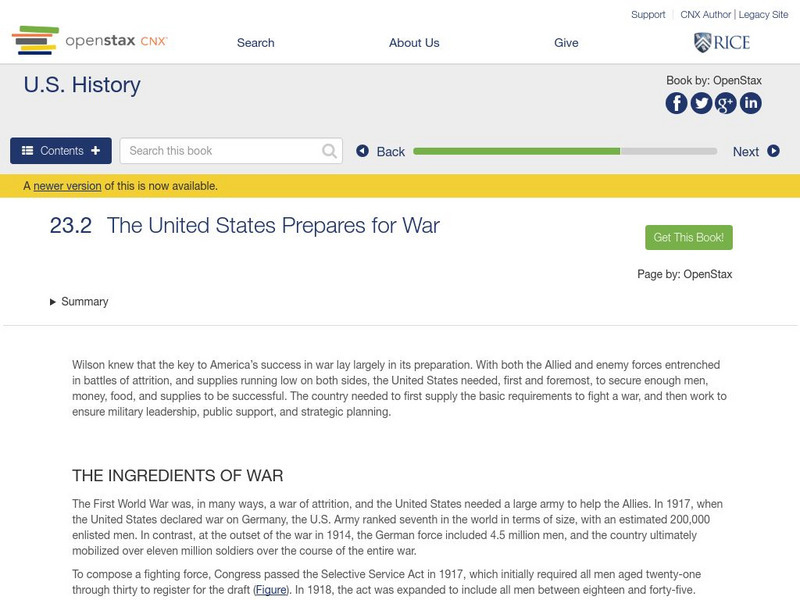

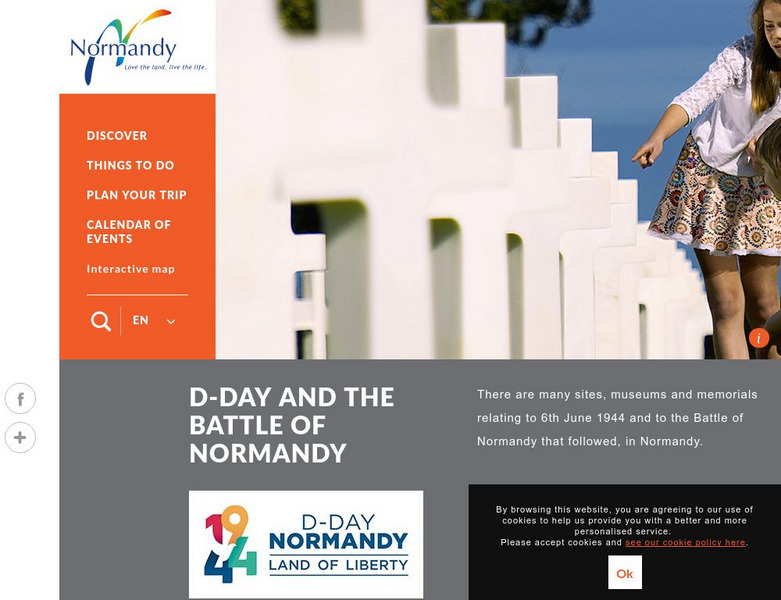

![Digital History: World War Ii and Japanese American Relocation [Pdf] Website Digital History: World War Ii and Japanese American Relocation [Pdf] Website](https://static.lp.lexp.cloud/images/attachment_defaults/resource/large/FPO-knovation.png)

